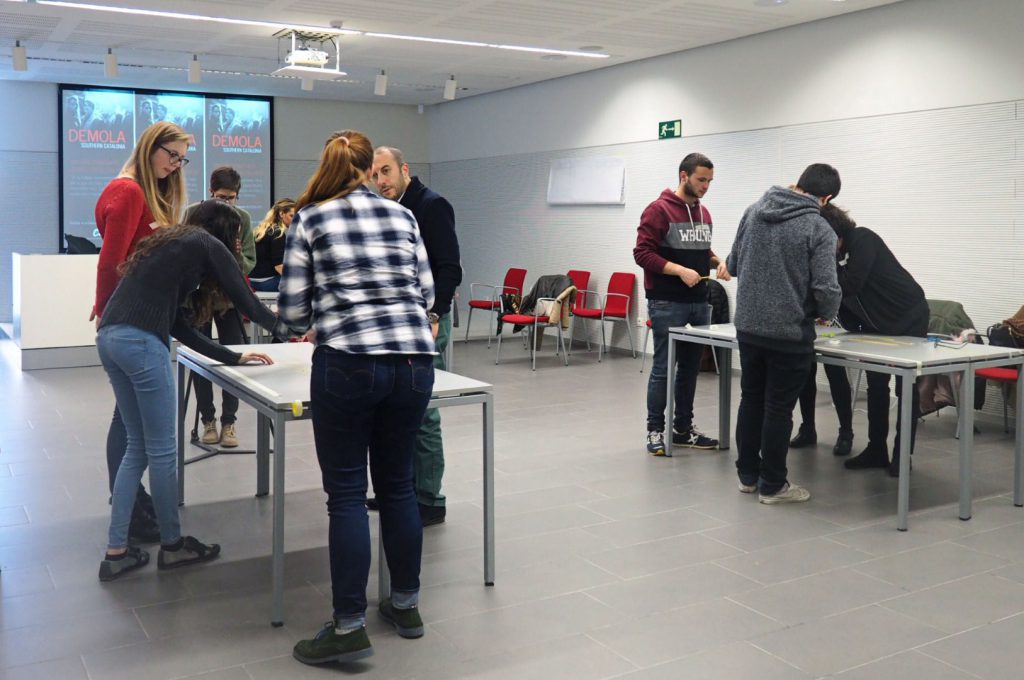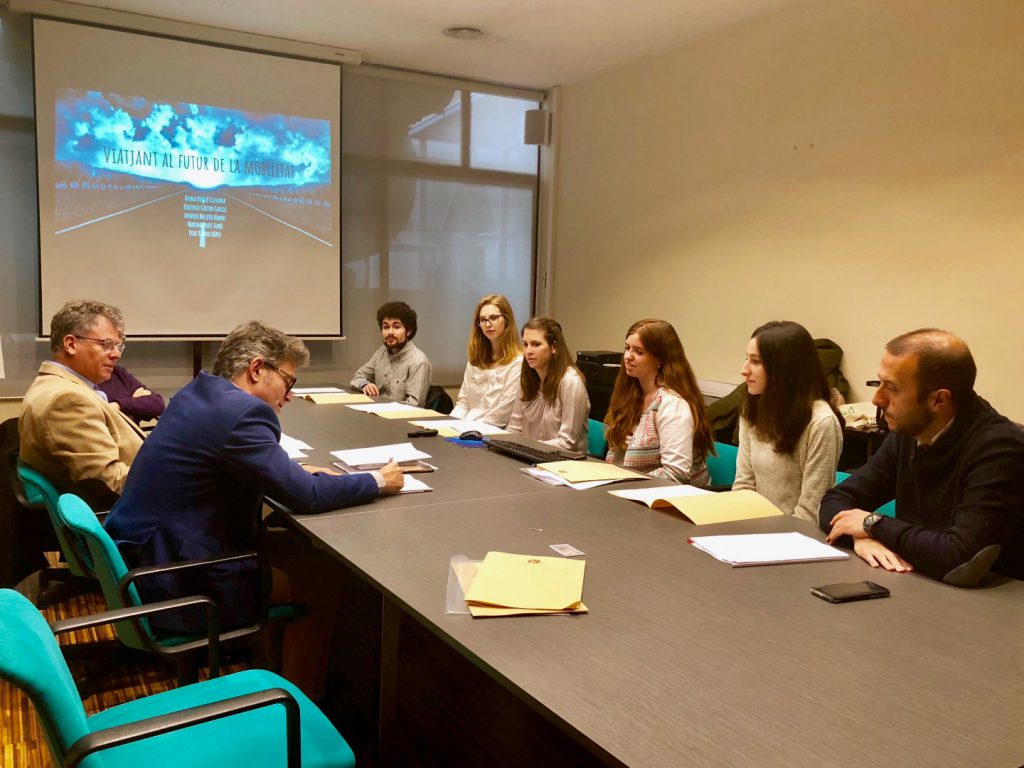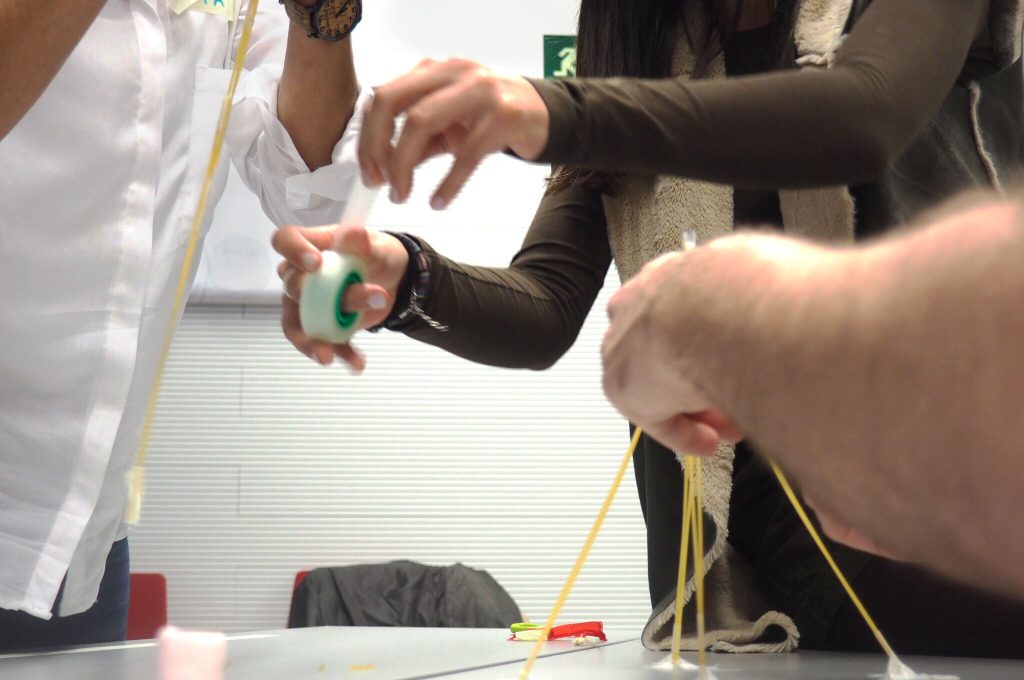24/05/2018
The URV joins the Demola platform to find solutions to the challenges facing businesses and institutions
The platform is an international open innovation organisation involving members of universities and organisations that are working to generate solutions to real challenges

The platform is an international open innovation organisation involving members of universities and organisations that are working to generate solutions to real challenges
The Demola platform was created in Finland in 2008 at the University of Tampere. Since then it has spread around the world and now has 60 member universities. It is an international and multidisciplinary initiative that generates alliances between universities, businesses and public organisations who value learning about and adopting new innovative and co-creative methodologies to solve and explore real challenges of the future. Each challenge generates a result in the form of a new concept or prototype that can be applied by companies or institutions. The process follows a unique and robust methodology that is facilitated by professionals in innovation and co-creation.
The Demola project was implemented in the form of two pilot projects that were completed by last May, which is when a new phase of the initiative began. Two groups of students have worked together to create innovative solutions to real and specific challenges. Demola is an international initiative created in Finland that uses open innovation and co-creation processes to develop new products, services and concepts.

The URV is the operator of Demola Southern Catalonia, which represents Demola in the Tarragona region. The first phase of the projects has led to two solutions for two challenges and, in May, the second phase began with the aim of finding solutions to two more challenges. During the pilot phase, two teams of students from different bachelor’s and master’s courses and professionals from the company Reus Mobilitat i Servei and the URV have worked together to find solutions to the challenges. The teams have participated together in workshops where they have learnt and applied innovative and co-creative methodologies to their challenges with the support of an ‘innovation coach’. Thanks to the students’ motivation and their fresh ideas, the teams have been able to come up with some impressive results that can be implemented by companies willing to pay for the right to use them.

The first challenges
The challenge proposed by Reus Mobilitat i Servei is related to mobility in the future. The aim is to create an interurban and regional mobility model based on the principle known as Mobility as a Service (MaaS) for the city of Reus and the region. The solution proposed by the students is a mobile application that strengthens and improves connections in the territory and increases environmental sustainability and rewards healthy mobility. The other challenge was proposed by the URV and consists of creating a comprehensive learning experience that enables graduates to become the protagonists in solving new challenges in the future resulting from new professions, new technologies, etc. The participants have created a prototype of an innovative comprehensive learning experience that has the chance of becoming an international reference point.
Two new projects started on 21 May and will run until July. One was proposed by Reus City Council and seeks to determine how public service should be provided in the future, and two more were proposed by the company Pintaluba, which has set the challenge of finding an alternative to giving antibiotics to farm animals while still ensuring that they do not become sick.
